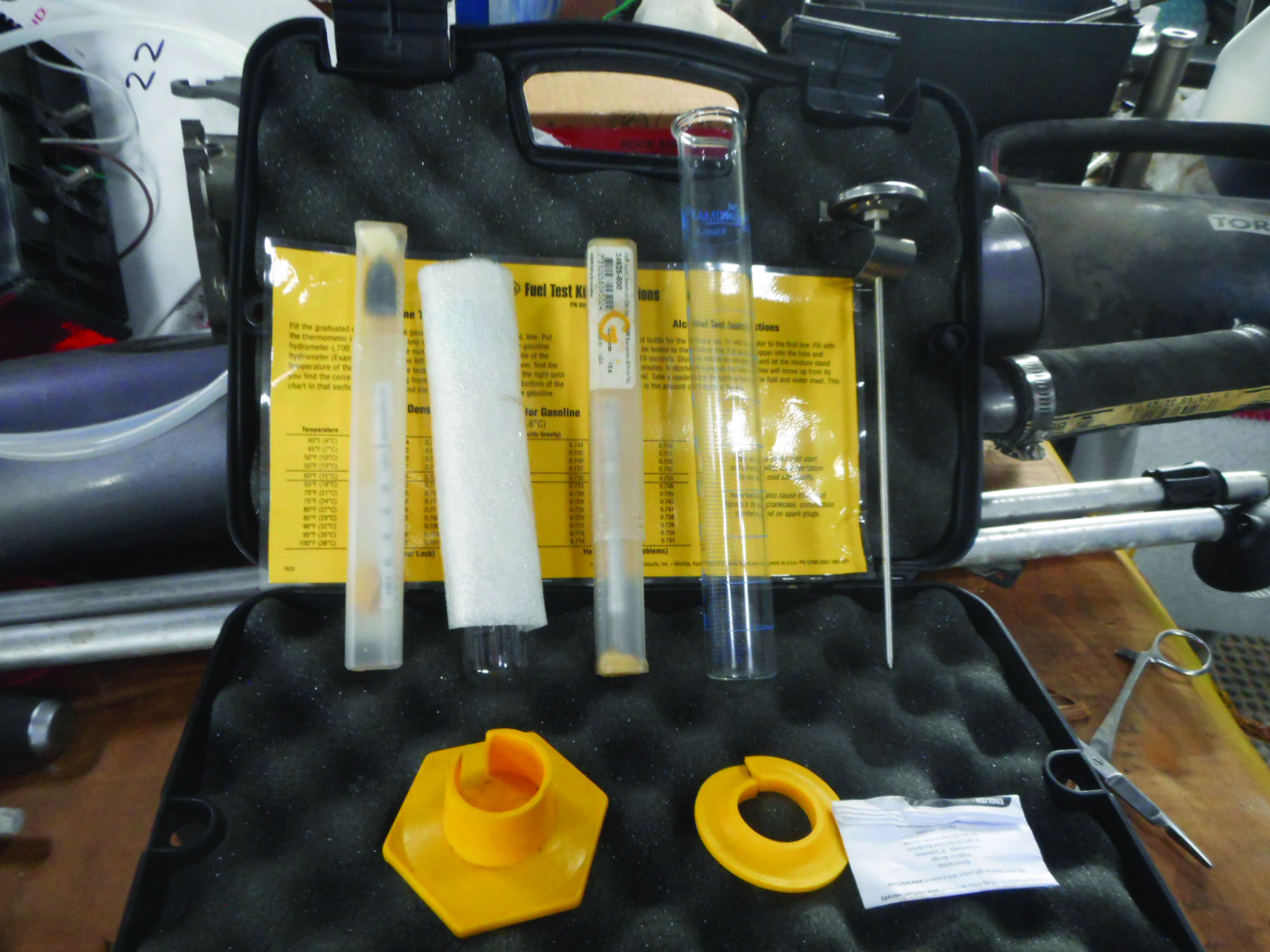The Truth About Ethanol and Non-Ethanol Gasoline

Is it OK to run non-ethanol gasoline in my boat when it is available?
The simple answer is yes, your boat will run fine on non-ethanol gasoline, even if you’ve been running regular unleaded blended with ethanol.
What is ethanol? Ethanol is alcohol, distilled from grain, usually corn. It is blended with gasoline to reduce automobile emissions. But there is a downside; ethanol attracts moisture from the atmosphere. The blend of gasoline and ethanol, when contaminated with even a tiny bit of water, becomes highly corrosive to metal piping, storage tanks, and even engine fuel system components. The older the mixture the more water it will likely contain. That’s why ethanol isn’t blended with gasoline until delivered from the refinery to a fuel depot.
The shelf life of ethanol blended gasoline is generally regarded as 90 days before the combustibility (energy potential) begins to degrade. Any such mixture older than 90 days can also cause corrosion problems in the engine fuel system. By comparison, non-ethanol gasoline is regarded as stable for up to 180 days. However, a fuel additive is still recommended to preserve combustibility and reduce carbon buildup. Every time, every fill-up, no matter which gasoline is used.
Non-ethanol gasoline is rated at 90 octane, sufficient for most outboards, although some brands of higher-horsepower require 93 octane ethanol gasoline for best performance – always check the owner’s manual.
Even with a fuel additive, ethanol gasoline older than 90 days and even non-ethanol older than 180 days should be considered suspect for degradation. Turning over the quantity in the tank(s) is the only remedy to stay out of the shop.
We use a BG brand test kit to discover the fuel quality of any boat motor with power loss issues. If the fuel test result is poor we pump the tank and start over, or do not attempt the repair. Mixing new fuel with old will not fix the problem. Consider half a glass of soured milk topped off with fresh milk; the problem doesn’t go away.
Whichever fuel you choose, turn it over often, use the proper additives, and never use E85 for marine applications.
Have a great fall season!
Chris Mapp
Coastal Bend Marine – Port O’Connor, TX
361-983-4841 – coastalbendmarine.com


